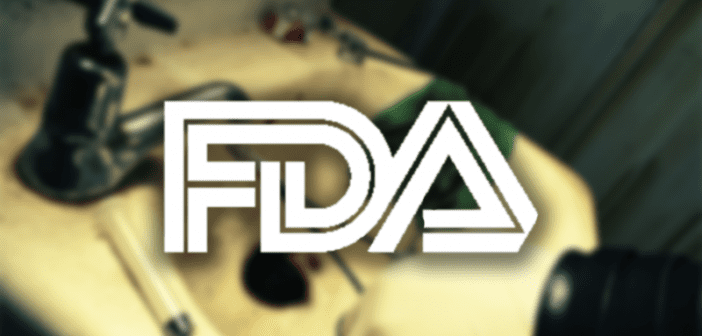In August, news outlets reported that the U.S. Food and Drug Administration signed a new contract for “fresh” body parts harvested from aborted babies. Now, the Trump Administration’s Department of Health and Human Services has canceled the contract and instituted new policies to respect innocent human Life and protect taxpayers from funding unethical research.
The canceled contract, which continued the FDA’s long-standing relationship with tissue procurement agency Advanced Bioscience Resources, Inc. (ABR), shocked Pro-Lifers around the country when journalists uncovered the documents in August. The contract, signed in late July, demonstrated that taxpayer dollars were paying for the sale of the body parts of aborted babies orchestrated by an organization under investigation for crimes related to these sales.
The public outcry from numerous Pro-Life organizations likely played a role in the decision to cancel the contract. A statement dated September 24, the Department of Health and Human Services, which oversees the FDA, read,
After a recent review of a contract between Advanced Bioscience Resources, Inc. and the Food and Drug Administration to provide human fetal tissue to develop testing protocols, HHS was not sufficiently assured that the contract included the appropriate protections applicable to fetal tissue research or met all other procurement requirements. As a result, that contract has been terminated, and HHS is now conducting an audit of all acquisitions involving human fetal tissue to ensure conformity with procurement and human fetal tissue research laws and regulations.
The decision, therefore, not only affects the specific contract terminated but has also triggered a comprehensive review of all projects that may involve the purchase of baby body parts procured in abortions.
David Daleiden of the Center for Medical Progress, whose undercover videos brought to light ABR’s work with America’s abortion corporation Planned Parenthood, praised the development. Daleiden issued a statement in which he said, “HHS has taken a small first step to stop the epidemic of trafficking tiny baby hearts, lungs, livers, and brains from late-term abortion clinics into government-sponsored laboratories for taxpayer-funded experimentation.”
Daleiden was adamant that the process is not over. He called for HHS to “terminate all other agreements for baby body parts with ABR, StemExpress, and similar business partners with Planned Parenthood and the abortion industry,” and said HHS must “provide 110% transparency about the extent of taxpayer-funded harvesting from and experimentation on unborn children.”
Some anti-Life activists are outraged by the Trump administration’s decision to protect the sanctity of human Life and protect Pro-Life taxpayers from funding the abortion industry. Some commentators misrepresent the Pro-Life ethical concerns with these experiments and ask dramatically, “Can the agency be ‘pro-life’ while also remaining pro-science?” There is no conflict between being Pro-Life and valuing scientific progress. In fact, science informs the Pro-Life position as continual advancements in our understanding of fetal development confirm that Life begins at conception and a preborn child is fully a human being worthy of protection and the Right to Life.
Furthermore, science is not limited to the specific contracted experiment, which involved using the aborted babies to create “humanized mice.” As currently conceived, the experiment requires the bodies of aborted babies, a fact confirmed by these documents, but other scientists suggest there may be alternatives. In the statement released last week, the Trump administration emphasized the need to pursue such alternatives, saying, “HHS is continuing to review whether adequate alternatives exist to the use of human fetal tissue in HHS funded research and will ensure that efforts to develop such alternatives are funded and accelerated.” Ethical alternatives will not be found if we continue to pay the abortion industry for the maimed bodies of babies killed in abortions.
Anti-Life activists are quick to demonstrate that experiments using body parts from aborted babies have led to “life-saving” developments in science in medicine. However, if we develop life-saving treatments for some human beings at the expense of other human lives, our society is fundamentally unjust. Perhaps the push for ethical alternatives will provide breakthroughs like those we have seen with adult stem cells. Anti-Life activists continue to insist that the unethical use of embryonic stem cells is “necessary” for medical advancement, yet adult stem cells, ethically derived, have led to dozens of treatments while embryonic stem cells have yet to produce any.



